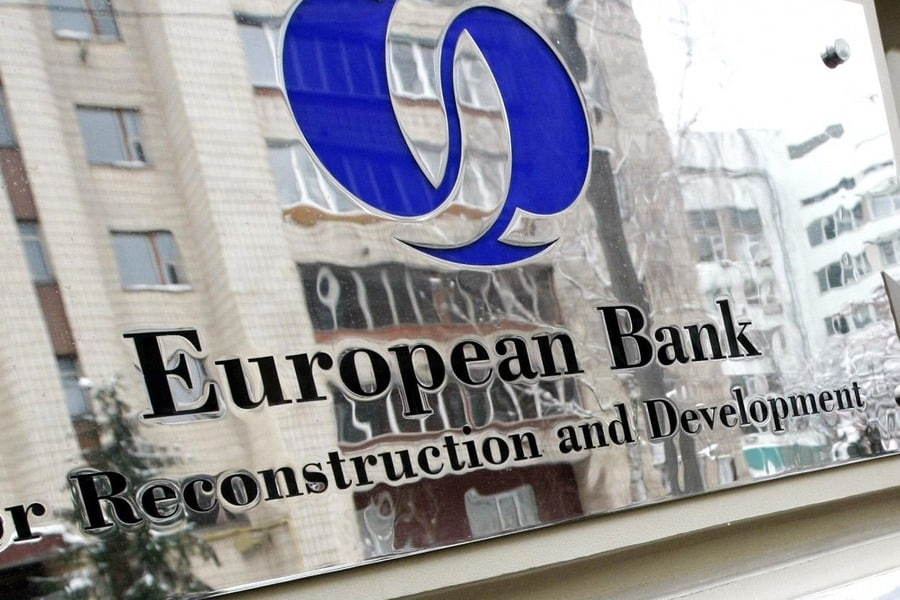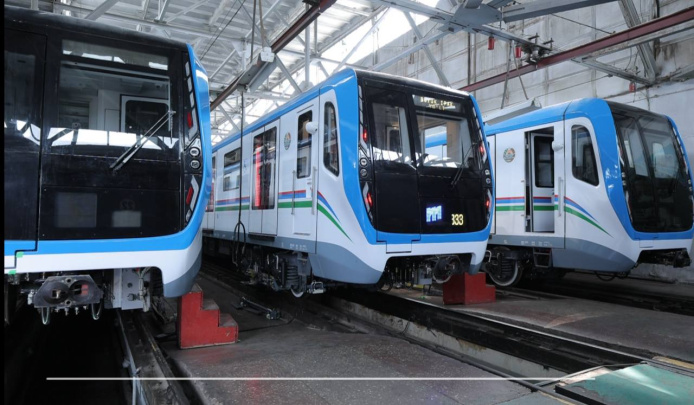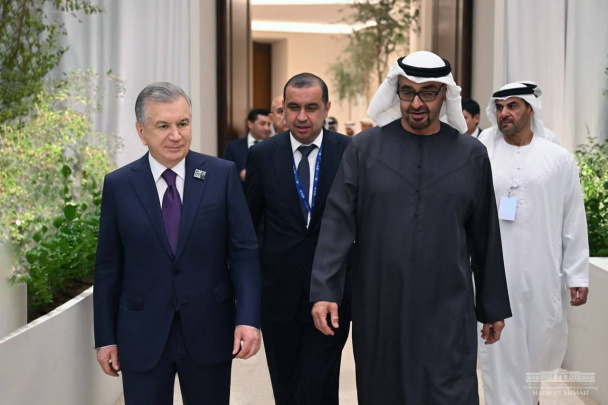The latest Regional Economic Prospects report released by the European Bank for Reconstruction and Development (EBRD) forecasts that economic growth in Central Asia will decelerate to 5.4 percent in 2024 but is expected to pick up to 5.9 percent in 2025.
The report notes that in 2023, trade intermediation with Russia, a significant growth factor for many economies in Central Asia, reached its peak. Over the past two years, there has been a significant increase in state and private investment into regional transport, logistics, and export-oriented manufacturing capacities.
Steady increases in wages and real incomes, along with growth in international visits and the tourism sector, have bolstered consumer surge, which, in turn, is supported by technological advancements in consumer finance.
Regional collaboration has strengthened considerably in resolving common challenges ranging from water and energy resource scarcity to transport and border management issues, which continued to drive growth in interregional trade, investments, and tourism. Following broader global trends, inflation fell to single digits in all countries, allowing most Central Asian central banks to reassess economic growth priorities and begin easing monetary policies.
Uzbekistan saw a real GDP growth of 6.0 percent in 2023, fueled by rapid credit expansion, increased remittances, and a rise in foreign arrivals.
The country's economic growth is considered balanced, with services, construction, and general industry as the main drivers. Export revenues have increased significantly, thanks to large gold exports, strong tourism revenues, and the growth in food and industrial product supplies.
According to the EBRD's report, implemented tariff reforms will help reduce energy subsidies, leading to a 1.5 percentage point decrease in state expenditures as a percentage of GDP. The country's economy is projected to grow by 6.5 percent in 2024 and 6.0 percent in 2025, where key investments and net exports are considered an essential factor of this growth. Privatization and market reforms can improve these prospects, potentially attracting direct foreign investments.
"On the downside, growth is likely to be constrained by chronic energy and water deficits," the report states.
The EBRD also anticipates that Central Asia's policy tasks for 2024-2025 will prioritize efforts to urgently improve infrastructure and management practices, implement politically sensitive tariff reforms, and achieve broader regional agreements on the use of common resources, such as transport, water, and energy.






